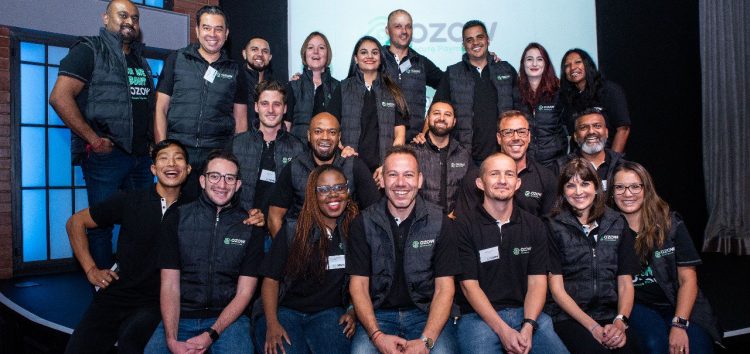A Fifth of Nigeria’s Workforce Now Jobless Due to COVID-19

COVID-19 and its resulting worldwide pandemic have resulted in a fifth of Nigeria’s workforce losing their jobs, according to the Nigerian Bureau of Statistics.
The job cuts followed significant disruptions to supply chains, continuing supply and demand shocks, and a drop in consumer confidence, the agency said in a statement, seen by Bloomberg, citing a study conducted with the United Nations Development Programme.
Of the 3000 businesses surveyed, about 60% reported that one in three of them knew of a company that had permanently closed down because of operational challenges stemming from the pandemic.
Lagos Aims to Vaccinate 30% of its Residents Within A Year
Nigeria’s commercial hub and largest city is planning to give COVID-19 jabs to 30% of its residents within a year, according to the state’s governor in a statement.
Babajide Sanwo-Olu, the governor of Lagos, said that to be able to achieve this goal, “the world must ensure that vaccines were available to all, especially poorer countries that had struggled with supply.”
Currently, Bloomberg reports, Lagos has only been able to vaccinate 1.2% of its estimated 24-million residents. A statistic far below the recommendations set by the World Health Organisation.
“At the current rate, it would take about three years to achieve our herd immunity target,” Sanwo-Olu said.
The governor outlines a plan for the state government to partner with entities in the private sector to scale up funding, capacity and create the necessary infrastructure to expand access to vaccines.
We propose to deploy a proven system where those who can pay for vaccines subsidise the cost of vaccination for those who cannot,” he said.
Last month, Nigeria received 4-million doses of the Moderna COVID-19 vaccine from the US, with a further 250-million doses of jabs expected to be delivered to Africa’s most populous country through Nigeria’s COVAX vaccine sharing facility.
Of the 250-million doses expected through COVAX, the US is delivering 80-million.







